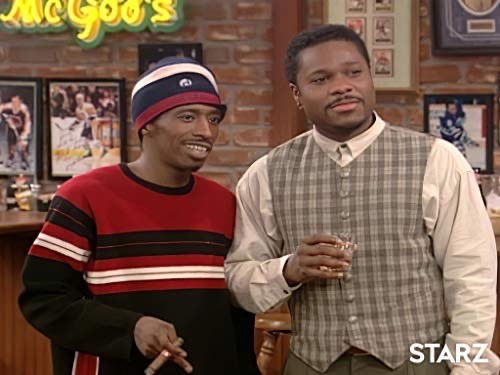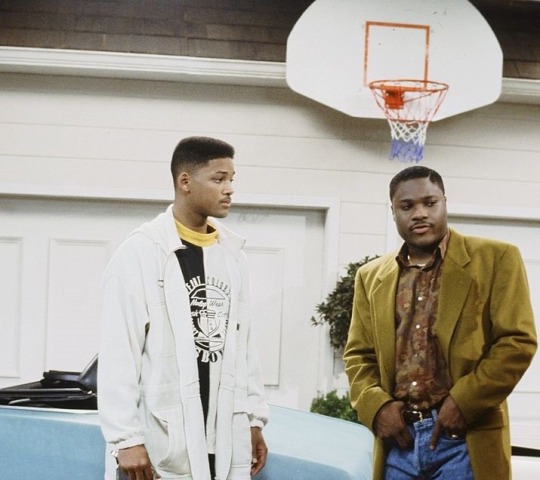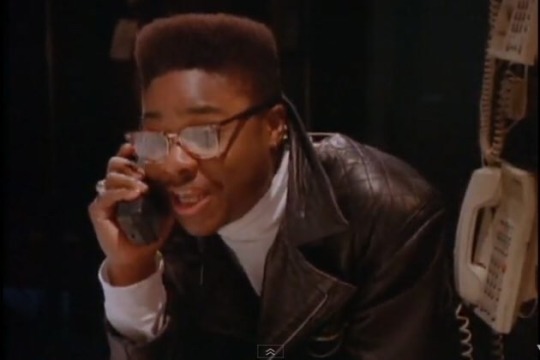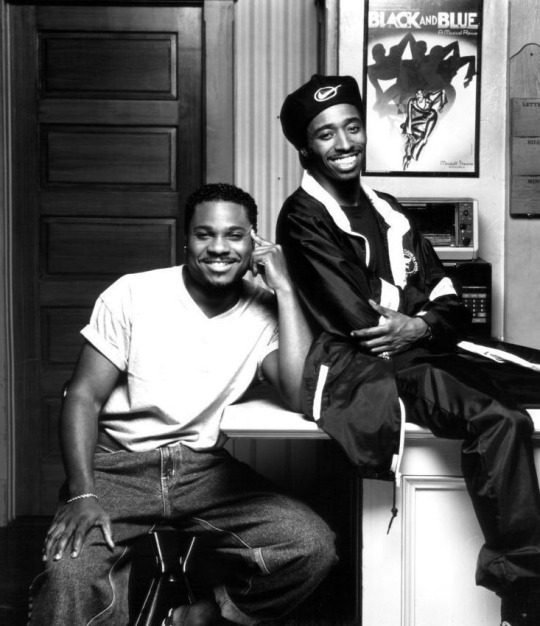I like interesting things okay??!!!Now leave....A place for weird people by weird people I was doomed to be here from the start....
Don't wanna be here? Send us removal request.
Text




JACOB ANDERSON photographed by Chris Pizzello for SDCC 2025 Portrait Sessions | 07.26.25
2K notes
·
View notes
Text
method actor this method actor that. toshiro mifune played a guy getting shot at by arrows by getting shot at by arrows

and yeah i believe it. ^ this is the face of a guy getting shot at by arrows
129K notes
·
View notes
Text

interlocking fingers during the pin. holding hands during the pin. is driving me insane
45K notes
·
View notes
Text




Sam Reid as Lestat de Lioncourt The Vampire Lestat
815 notes
·
View notes
Text


Jacob nonchalantly revealing he swallowed rocks for art and Sam being in horrified disbelief about it is already so funny but then Sam had to make that comment about passing rocks and Jacob going ok we don't need to go into that part of it... what is wrong with them <3
427 notes
·
View notes
Text
I knooooooow Carlos felt so good here. manspreading on his couch. beer in his hand. his baby tucked into his side. he felt so good in his skin

180 notes
·
View notes
Text


And five minutes later they’re making out and sucking each others blood
419 notes
·
View notes
Text
Music Will Save Your SOUL (and your pronunciation)
Other blogs and articles and even books can tell you why you should listen to music while learning a foreign language, but they don’t really tell you how. So here are a few personal tips of mine for how to get the most out of music in your target language.
1. Listen, don’t read: A lot of people will say “go find foreign songs and look up the lyrics!” and I say hold up on the lyrics. When listening to music just listen. Don’t worry about meaning and words just let all of that go and focus on the music and the sounds. (Though if you like, you are allowed to look up a lyrics translation once just to get a basic meaning of the song but don’t get stuck on meaning quite yet.) This is important for learners of all levels. If you’re a beginner it can help you start off good pronunciation wise and for an advanced learner it can help you in places where your pronunciation could still use a little improvement. Imitate the sounds as best as you can, advanced learners this is important: forget how you “know” it to sound (i.e. how you’ve always been pronouncing it) and just listen and repeat exactly what you’re hearing. Because sometimes what you “know” it to sound might not be accurate. I still remember in my Chinese class some people pronounced words wrong to the bitter end because in the beginning they’d started off incorrectly, the teacher eventually gave up correcting them so they assumed that meant they had it right, and it never quite left. (Know I have nothing against accents in foreign languages the goal is to do the best you can and just ‘cause it’s your best doesn’t mean you can’t set a new best :) Let these songs get mixed into your regular playlists and let them just become a part of life.
2. Reference lyrics: Don’t sit there with your eyes buried in the lyrics, but keep them handy. Long after you’ve gotten a good gist of the song without ever reading anything you can finally look at the lyrics. But use them to check out the parts you’re not quite sure on. Some sounds in foreign languages can be difficult to distinguish, perhaps the distinction doesn’t exist in your native language. Here’s your chance to kind of start to know what you’re pronouncing. You might find a few sounds you missed (or were omitted intentionally) in the song. There’s also sounds that you’ve been hearing the same but seeing them spelled you realize they’re different. You’ve been listening to this song for so long it won’t take you long to start hearing and imitating that distinction. You might also notice some sounds that are different from written and that’s just an aspect of the language (like Russian o going to a when it’s unstressed) but now you’ve got it down the right way long before you even looked at the spelling which often confuses pronunciation more than it helps. You can learn where the word breaks are and sentence breaks because they’re not always clear in music. If you can add the lyrics to your song (you can do this easily with iTunes/apple devices I don’t know about other devices) so you can have them for reference every time the song comes up on a playlist. Continue this step until you can basically recite the song and have a native speaker understand you. For languages with different alphabets or tones, here’s how you should approach it: alphabets/abjads/syllabaries should be left in the original writing system, it’s good practice for you to learn to read especially in places where letter and sound don’t match/can change. This would include Cyrillic, as well as the Arabic writing system and the many writing systems used to write the many languages in south and south east Asia. Add accents if accents are a thing you need (even if they’re not normally written in casual writing). If you’re learning Japanese it’s okay write out the pronunciation for Kanji, but it’s best if you do it in one of the Japanese syllabaries (Hirgana/Katakana) and keep the original Kanji just put the hirgana next to it in parentheses or something to help you get used to the kanji. Delete it when you’re ready. If you’re learning Chinese do put pinyin with proper tones underneath each line of characters. Tonal languages: it is very important that you make sure your tones now come into play, like I said before, by the end of this step you’re going to want to be able to basically “speak” the lyrics, and often tones can get lost in music but can be key in speech.
Photo: Example of some lyrics on my iPod


3. Learn meaning: Last but certainly not least, now it’s time to learn the meaning of this song you’ve known for like ever now. But don’t just look up someone else’s translation and roll with it. You don’t know who made that translation or if it’s even good. Now if you started this journey with a song at the same time you started your journey with a language you should have quite a bit of vocab and grammar under your belt. Go over the lyrics in the target language and try and figure out what you can figure out without ANY dictionaries or translators getting involved. Sometimes you’ll be surprised, even as a beginner, how much of it you can actually understand. If you need a dictionary or translator for a word here and there, use it. If there are whole paragraphs you don’t understand, leave them. No one said you have to know it all know. Who knows, maybe later you’ll come across this song again and suddenly have the vocabulary/grammar to understand more of it. Keep working on it until you’ve got it all.
It’s important to remember this is just my own personal way of doing it. I’m sharing it because who knows, someone else out there might find it useful too. Often I feel like with music, particularly foreign music, it’s good to split it into pieces of sounds/words/meanings in that order. And when it is you work on the next part is up to you. Some of you might complete all these steps for one song in like a week. Others might keep at it for months. Work at your own pace. But if you’re going to spend extra time on any step, pick the one that matches your goal. If your goal is to help pronunciation, focus on the sounds step the most, words the second most, and meanings the least. If your goal is vocabulary/grammar then obviously you would prioritize them differently.
504 notes
·
View notes




























